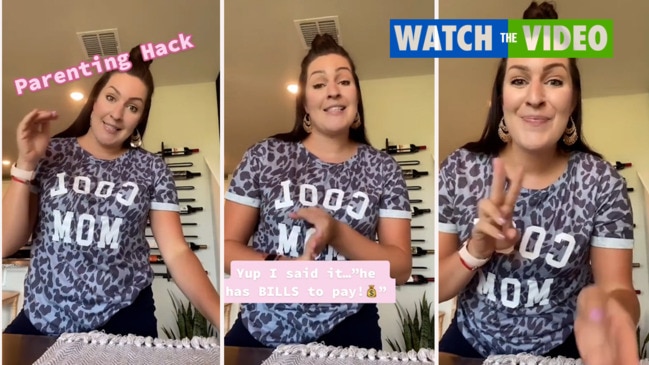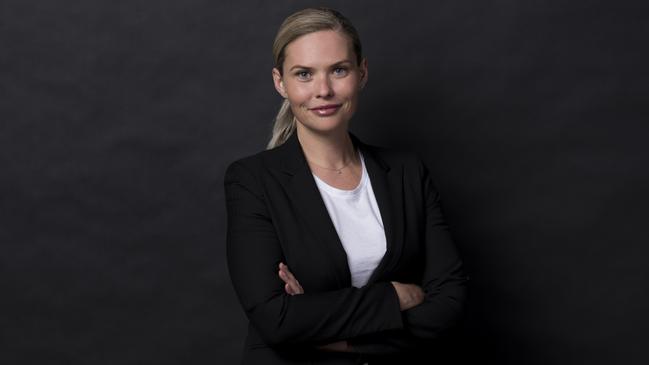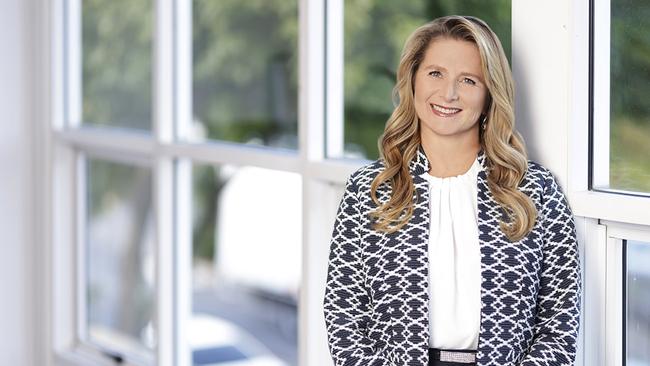How parents can use school as a tool to train young money minds
Classrooms are often not the best place to learn about money, so parents are being urged to deliver more real-life lessons.

SmartDaily
Don't miss out on the headlines from SmartDaily. Followed categories will be added to My News.
Back to school has been busier, and weirder, than ever before for Australian children, but still offers a chance for parents to instil fresh financial knowledge.
While schools are often criticised for not including enough lessons about money management and financial literacy, banking and finance specialist Sarah Wells says mums and dads should be teaching money skills as part of day-to-day life.
“Going back to school is an event … so sit down with kids and have that conversation that things cost money,” Wells says.
“Parents often feel that in order for their children to thrive at school they need to buy new,” she says.
“But buying second hand or ‘new to you’ items is an opportunity to teach your child financial literacy.”

Wells suggests taking children shopping for their weekly school snacks and giving them a budget – perhaps $10 – that they must stick to.
She says spending money can have a bigger impact than any textbook, but family conversations should be modified to suit a child’s age.
“A conversation with a 14-year-old about a MacBook is different to a conversation with a seven-year-old around an expensive Disney backpack or coloured pencils.”
There are other ways to boost children’s financial literacy. Teach longer-term planning by setting a monthly limit for lunch orders that the children must navigate. And bring older teenagers into family budget discussions.
Author and financial planner Helen Baker says the level of financial literacy training in formal education often depends on the school, students’ speed of learning and “how much normal curriculum they can get through”.
“For teachers it’s just another thing they have to teach on top of everything else,” she says.
Baker recommends using physical money to teach children about choices, how much things cost and how quickly cash can disappear.

She says parents should also consider drink container recycling where some of the money goes to charity, some is saved and some can be spent. And don’t forget games such as Monopoly, which have children’s versions, Baker says.
Wells says family conversations about money often have a negative undertone, focusing on how expensive things are or how parents can’t afford it.
“Have a positive conversation rather than being punitive or negative – talk about value and values,” she says.
“Parents who talk to their children about money in an open way tend to not have those difficult situations.”
Originally published as How parents can use school as a tool to train young money minds





